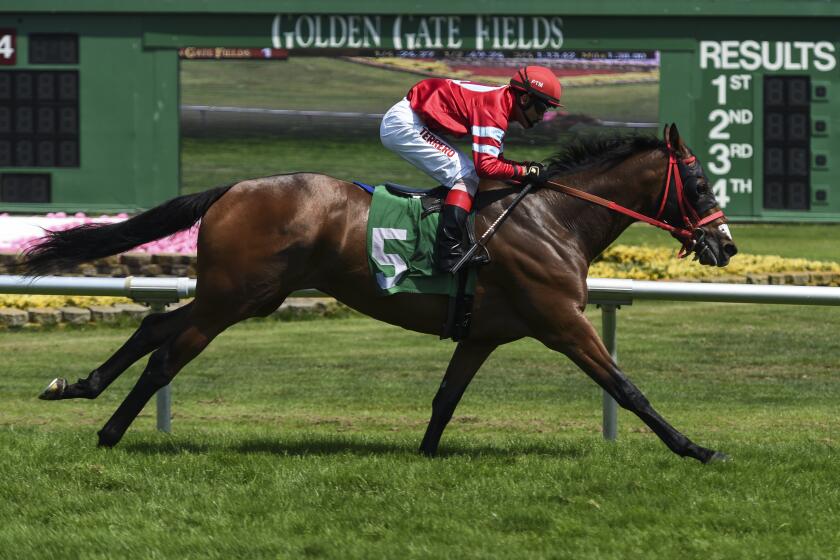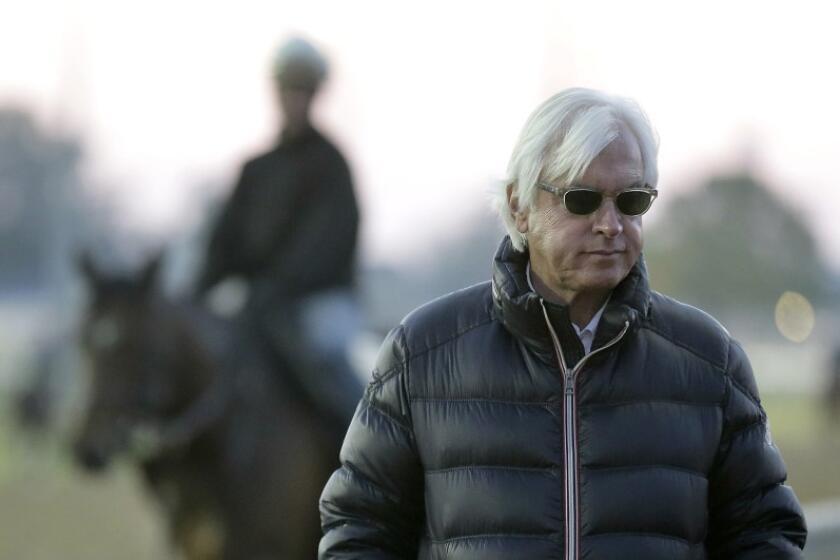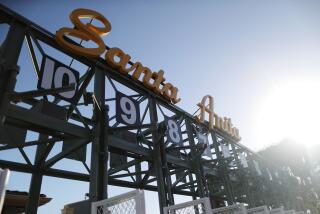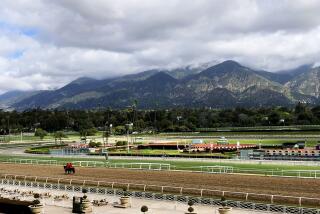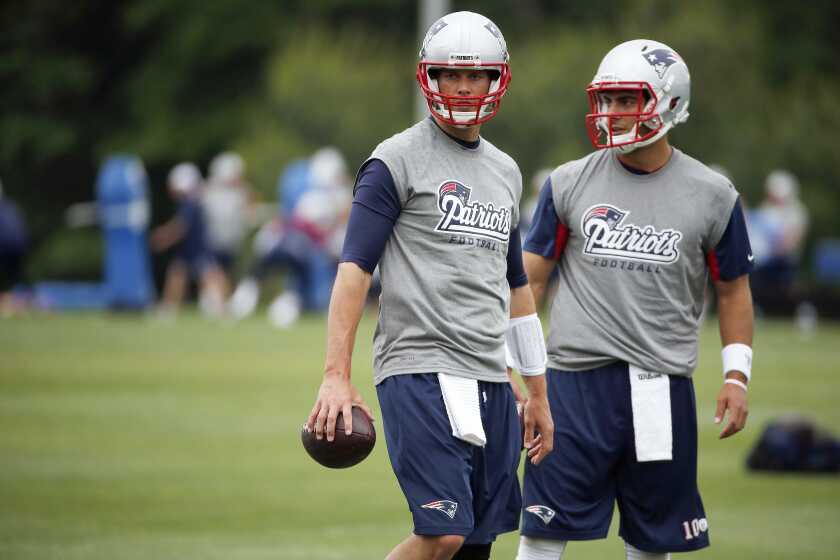Feinstein calls for answers from Stronach on Golden Gate closure
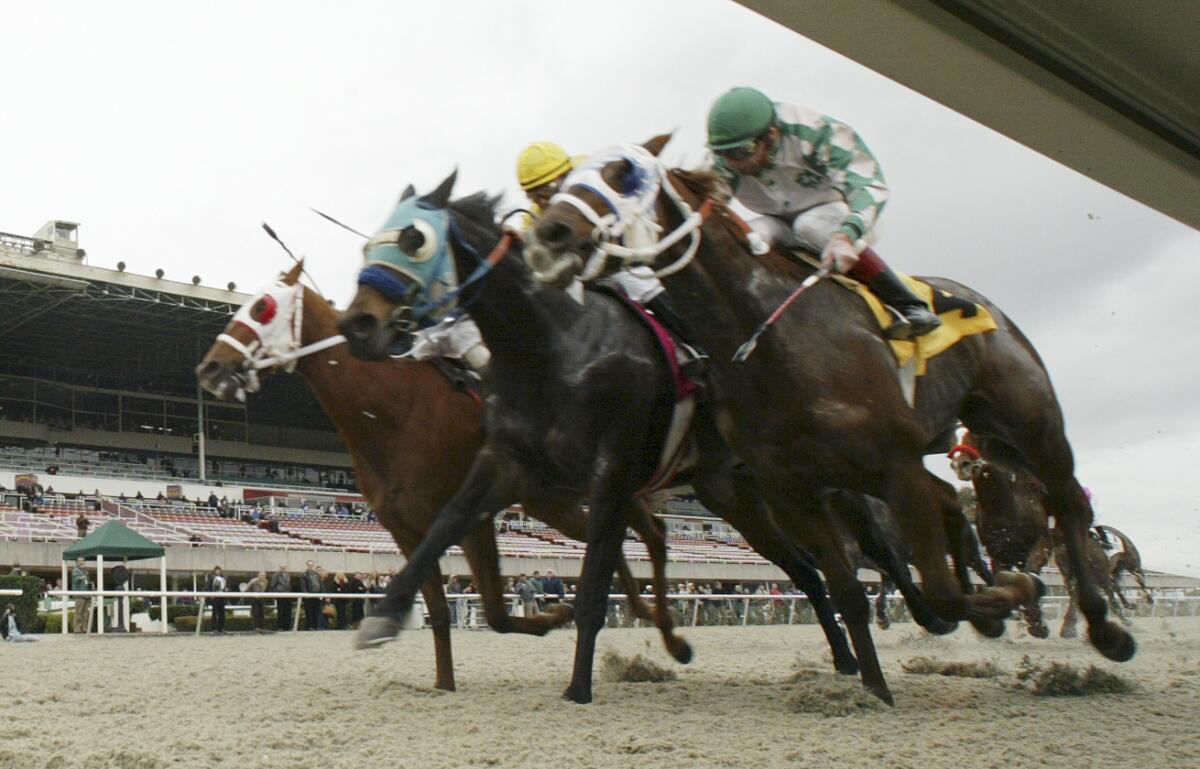
The Stronach Group announced Sunday that it was closing Golden Gate Fields at the end of the year. Its news release tried to portray the sense of over-the-top optimism while those affected viewed it with end-of-the-world pessimism.
Since then, there have been only questions and no answers as the Stronach Group has made no public statement about the land that Golden Gate Fields sits on or what will happen to the horses, horsemen and workers at the track that has been in existence since 1941. The Thoroughbred Daily News even published the questions they have been asking the owner of Santa Anita and other tracks on a daily basis. The Stronach Group issued a boiler-plate answer from an outside media consultant that they would have answers soon.
Now, the quest for answers has been greatly elevated as U.S. Sen. Dianne Feinstein (D-Calif.) sent Belinda Stronach, chairman and president of the track owner, a letter seeking answers.
In the Wednesday letter, obtained by The Times, the senator asked:
• “What is your rationale for closing Golden Gate Fields and why did you choose December 2023 as the closure date?”
• “Will you help the employees of Golden Gate Fields find other work in the horseracing industry or elsewhere? If so, which employees and how? Will you offer them positions at the other racetracks you operate?”
• “What are the plans for the land?”
• “How will the closure impact the other tracks you operate at Santa Anita Park?”
In the letter, Feinstein also noted the positive steps that the Stronach Group has made toward horse and rider safety.
“We have received Senator Feinstein’s letter and look forward to communicating our plans for the transition at Golden Gate Fields with her,” Belinda Stronach told The Times. “We are in the process of sharing those transition plans, along with our vision for the revitalization of California horse racing in the south at Santa Anita Park, with our valued industry partners and stakeholders.
“As Senator Feinstein notes, safety is and remains our top priority, and we appreciate her recognition of our efforts.”
The Stronach Group has decided to permanently close down Golden Gate Fields in Berkeley after its final meet ends in December, boosting Santa Anita.
According to the Sunday news release, the closure was being made to help boost racing at Santa Anita with the hopes of an increased horse population and a return to four days-a-week racing.
What infuriated the industry, however, is the secrecy with which the move was made. The California Horse Racing Board found out about it by accident Friday only after another state agency asked a question about the sale of Golden Gate Fields. According to Greg Ferraro, chairman of the racing board, Scott Chaney, executive director, had to call Stronach Group executive Craig Fravel, who only then let the board in on the secret.
The move was supposed to be announced Monday afternoon with the chief executives of the California Thoroughbred Trainers and Thoroughbred Owners of California being told Monday morning. It was only after the Stronach Group learned that The Times planned to publish a story Sunday afternoon that representatives of the two groups were told about the sale.
Ferraro said he was “absolutely, completely surprised” by the news.
He is also anticipating the biggest issue that the California Horse Racing Board will have to deal with is who controls the simulcast signal in Northern California. Currently, Golden Gate Fields, or the Stronach Group, controls it. But when there is no Golden Gate Fields, who gets the money?
“I’m sure Stronach wants the money to compensate them for any capital investment they make at Santa Anita,” Ferraro said. “They might say that they want the Northern California money, but that’s not going to fly with the Northern California people. The big fight is over who gets the Northern California money.”
The California Authority of Racing Fairs has had a plan for five years for a 10-month Northern California racing circuit, with the home base being in Sacramento at Cal Expo. However, given the extreme temperatures in the summer, only one turf course at the fairs and a contract for harness racing at Cal-Expo, the California Authority of Racing Fairs has many obstacles to overcome before that can become a reality. And, if simulcast money is sent south, it might not be financially workable.
Ferraro has suspicions about the viability of the Stronach Group plan to relocate a large number of horses to Southern California.
“No more than 20% of the horses would qualify to race in the south,” Ferraro said. “I don’t think there is much support for $5,000 claimers down there.”
The real loser in this move could be the California breeding industry. In the recent Santa Anita meet, Cal-breds made up almost 40% of the starters and at Golden Gate even higher. If they have lost half the opportunity for starts, where will they go?
“The breeders are upset and I would be too,” Ferraro said. “Where are they going to go with the horses they are breeding? Who’s going to buy them out of the sales? They reacted quite vociferously. It’s a problem.”
Ferraro’s assessment is not alone.
“The Stronach Group have made a really poor decision trying to prop up Santa Anita with the horses from Golden Gate,” longtime owner and breeder Tom Bachman told Thoroughbred Daily News. “There’s just not enough horses at Golden Gate to make the difference down there.”
The ban of legendary horse racing trainer Bob Baffert by Churchill Downs Inc. was extended another 1½ years, but why? The Times examines the case.
Ferraro and other members of the California Horse Racing Board, along with major tracks Santa Anita and Del Mar, have led the state to unprecedented safety reforms since the fatality crisis at Santa Anita in 2019. Horse deaths in the state are down almost 55% since then with the hopes of driving it even lower.
But, the closing of Golden Gate Fields, and the effects on breeding and racing in California is the latest crisis on the board’s radar.
“I’ve been worried about [the future of California racing] for a long time,” Ferraro said. “My son has this joke that in 20 years there will be this ‘Jeopardy’ question [in the form of an answer], ‘Who was the last chairman of the California Horse Racing Board? I hope it’s not me.”
More to Read
Go beyond the scoreboard
Get the latest on L.A.'s teams in the daily Sports Report newsletter.
You may occasionally receive promotional content from the Los Angeles Times.
